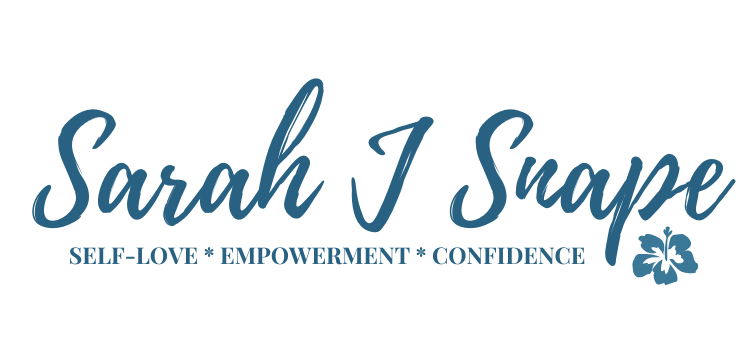How to break free from persistent, frustrating habits.
“Habits are formed by the repetition of particular acts. They are strengthened by an increase in the number of repeated acts. Habits are also weakened or broken, and contrary habits are formed by the repetition of contrary acts.””
— MORTIMER ADLER
Many of our actions or behaviours are formed from habit. They’re just something we “always do”. When we’re trying to change a habit or behaviour pattern it’s so easy to self-sabotage
“I always do that” – first off the language we use can reinforce our behaviours or actions. By saying we always do it, it becomes what we expect ourselves to do and implies an acceptance of what we do. If we can flip that to well I used to, or sometimes I, then we can remove some of the compulsion away from the behaviour/habit. (Read more about language here)
Equally, when we say “why do I always do that” it’s a negative question which will produce negative answers – “because you’re a failure” type of answers. If we become curious & positive in our questioning – such as “what can I do to change that” we’re more likely to think of ways around an obstacle which will result in increased awareness and opportunity to change the action we want to alter.
Finding habit awareness is key
Obviously, we need to become aware of the habit we don’t feel is serving us, or is purely a habit and not a conscious choice. What can we do to alter the behaviour? So much of our life is based around routine – being in the same places, doing the same things that it’s easy for things to become something we just do without really thinking about it. The behaviour becomes associated with where we are, what we’re doing - not a thought-out act.
e.g. whenever I went to M&S Foods I would always buy Percy Pigs (if you know you know) – I didn’t think about whether it was what I really wanted at that time. A bit of scarcity mindset came in – you can’t buy them anywhere else & I didn’t go there that often (but often enough!) I started off buying them telling myself I would share them with the kids when I got home. Who was I kidding – they never made it that far🙈. I have confessed this to my children since😂 I’d really enjoy the first few & if I’d paid any attention I would probably have stopped there – but when there were too few left to share I’d just wolf them down without any thought.
How can we change the behaviour?
The next stage is to think about how we can change the behaviour. Mel Wells uses the analogy of potholes in the road – we’re walking along and fall in a pothole. The next day we’re walking along – this time we see the pothole but still fall in. The next time we’re walking along, and we know the pothole’s coming, so we think about what we’re doing and veer around it. So, we become aware of the behaviour, we may continue doing the behaviour but with awareness, and then we can pre-frame the situation and choose to do something different.
I’ll use another example from my life. Coffee – I love coffee☕ (I’m also a self-confessed coffee snob, but that’s not really relevant here!) But, coffee is something I came to realise was a pure habit – get up in the morning - have a coffee, have breakfast - have a coffee, get back from the school run - have a coffee. You get the picture. As I’ve got older I’ve had to acknowledge that this is purely a habit, largely based on routine. It started to affect my sleep – I find it unbelievable that I used to go up to bed with a cup of coffee! I have needed to cut down the number I have a day and pay attention as to whether I really want a coffee or if it is a habitual time of day. Still a habit I struggle with & have to check in with as it can creep back up without me really noticing. But it doesn’t serve me so I do try to be aware.
How does this relate to leaving diet culture behind?
If we’re wanting to adopt a more intuitive approach with our food, even if we use a loose structure, we are wanting to build connection with our body.
We’re wanting to pay attention to the cues our body sends us about hunger, nourishment, energy levels etc. If we’re eating purely from habit and not consciousness then it is harder to alter the way in which we eat.
It becomes harder to leave the “diet rules” behind.
So many of us think we crave chocolate, cake etc but actually it’s because we think we don’t want it. When I started eating more intuitively and consciously I actually discovered I much prefer savoury food to sweet. The sweet foods were what I was restricting but once the restriction was lifted I don’t actually want them that often. Interestingly in my pregnancies my cravings tended to be for savoury things too – just heightened. I can always remember someone saying to me I was eating lettuce like it was a big piece of chocolate cake😂. In reality what I was doing was paying attention - making connection.
Therefore, by paying attention, gaining awareness, we create connection & will learn what it is our body needs to help us feel our best.

